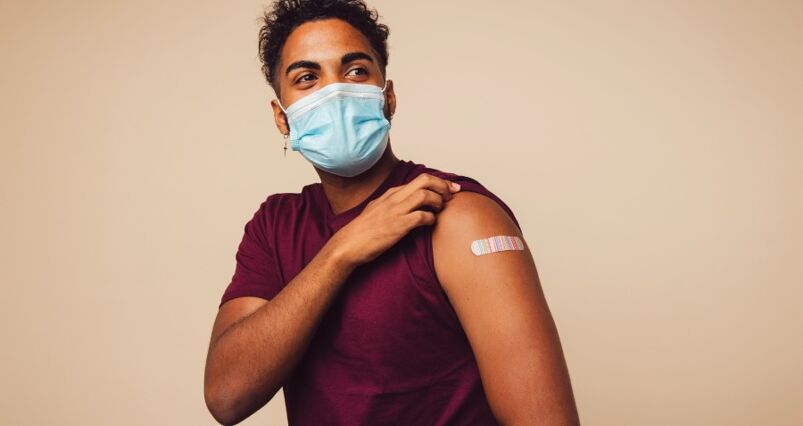
Did you think we’d seen the back of Mpox? The virus—formerly called Monkeypox before the WHO renamed it last November—is so last year, right?
Wrong.
The virus is still knocking around. Even more worryingly, a small cluster of vaccinated men in France have displayed symptoms of the disease. This has sparked fears among some experts the virus may have mutated and developed a greater degree of resistance.
The Telegraph in the UK reports that in a recent cluster of 17 men who acquired Mpox in France, 10 reported being fully vaccinated. None of them required hospitalization.
Last year’s global outbreak predominantly impacted gay and bisexual men.
There is no specific vaccine for Mpox. However, as the virus is similar to smallpox, the vaccine for that virus offers a large degree of protection from Mpox. The brands Imvanex and Jynneos were used in Europe. In the US, it was predominantly Jynneos.
No vaccine is perfect, and some vaccinated individuals will still get the disease. However, normally that’s around 25% of all Mpox cases. In this instance, 59% of the cases were in vaccinated men.
This could be a one-off blip in the statistics. Authorities are also investigating to find out exactly when the men received their vaccinations. If it was recently, the vaccine might not have reached its full potential.
On the other hand, immunity begins to wane if someone received their vaccination a much longer time ago. Experts are divided on how quickly that immunity can wane with Mpox, but the smallpox vaccine is believed to be efficient for several years.
The other alternative is the virus has adapted.
Dr. Michael Marks is Associate Professor at the London School of Hygiene and Tropical Medicine. He told the Telegraph, “First we need to understand when these individuals were vaccinated and with what dose. We know it takes a number of weeks for the body to mount a response and that translates to protection. When did they have the vaccine?”
People living with HIV are more likely to show symptoms of Mpox. Dr. Marks says the individuals in this group will also be checked for HIV, in case that explains their Mpox symptoms.
If all these possible explanations are ruled out, the likelihood of a mutation increases.
CDC addresses the chances of a resurgence
Coincidentally, the CDC issued a statement this week about the likelihood of a Mpox resurgence in the US. It stressed the importance of states continuing to vaccinate.
It highlighted young people who may be beginning their sex lives who were not vaccinated during the 2022 outbreak.
“The 2022 mpox outbreak in the United States has receded to very low levels. However, most jurisdictions in the United States may be at risk of resurgence or new mpox outbreaks without continued efforts to vaccinate people at risk.”
Last year’s outbreak resulted in just over 30,000 diagnosed cases in the US and 38 deaths, according to CDC data published on March 29, 2023.
If you have never had the Mpox vaccine, do talk to a medical advisor about it. Also, if you only ever had one dose of the two-dose regime (usually administered at least four weeks apart), medical authorities stress the importance of getting your second dose to maximize your protection.
Related:
More gay men can finally get the monkeypox vaccine after CDC updates its advice
You can also choose not to have the shot in your upper arm.
Half of gay and bi men have reduced their sexual activity because of monkeypox
Have you cut down on sex?





















gregg2010
Get vaccinated!
Kangol2
So, given that 59% of these vaccinated French men are coming down with monkeypox, is the French government, or any government, including the US, pushing to provide funding for bioreseachers and pharmaceutical companies to find a more robust vaccine or other treatments, especially given that Pride Month is roughly days from now?